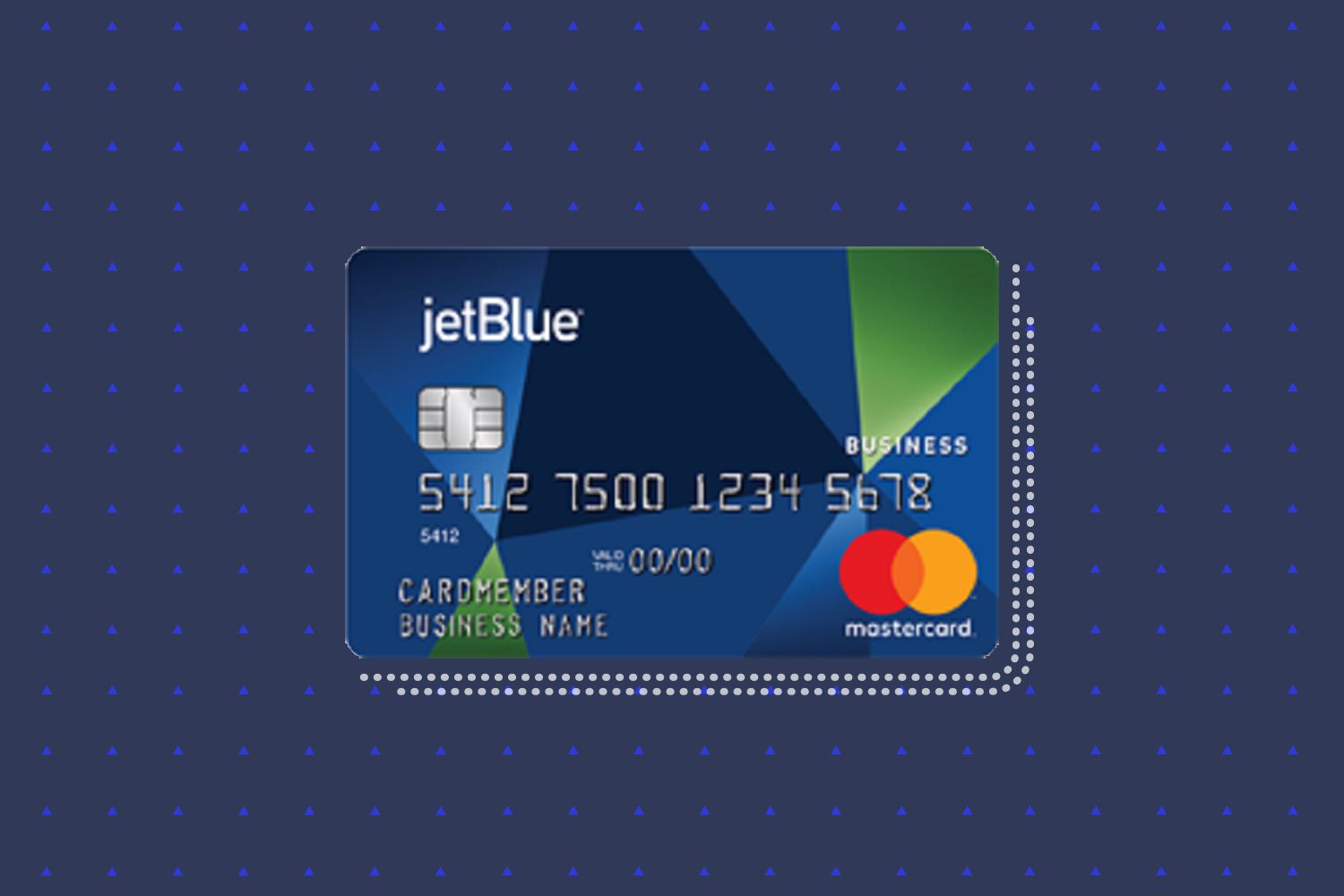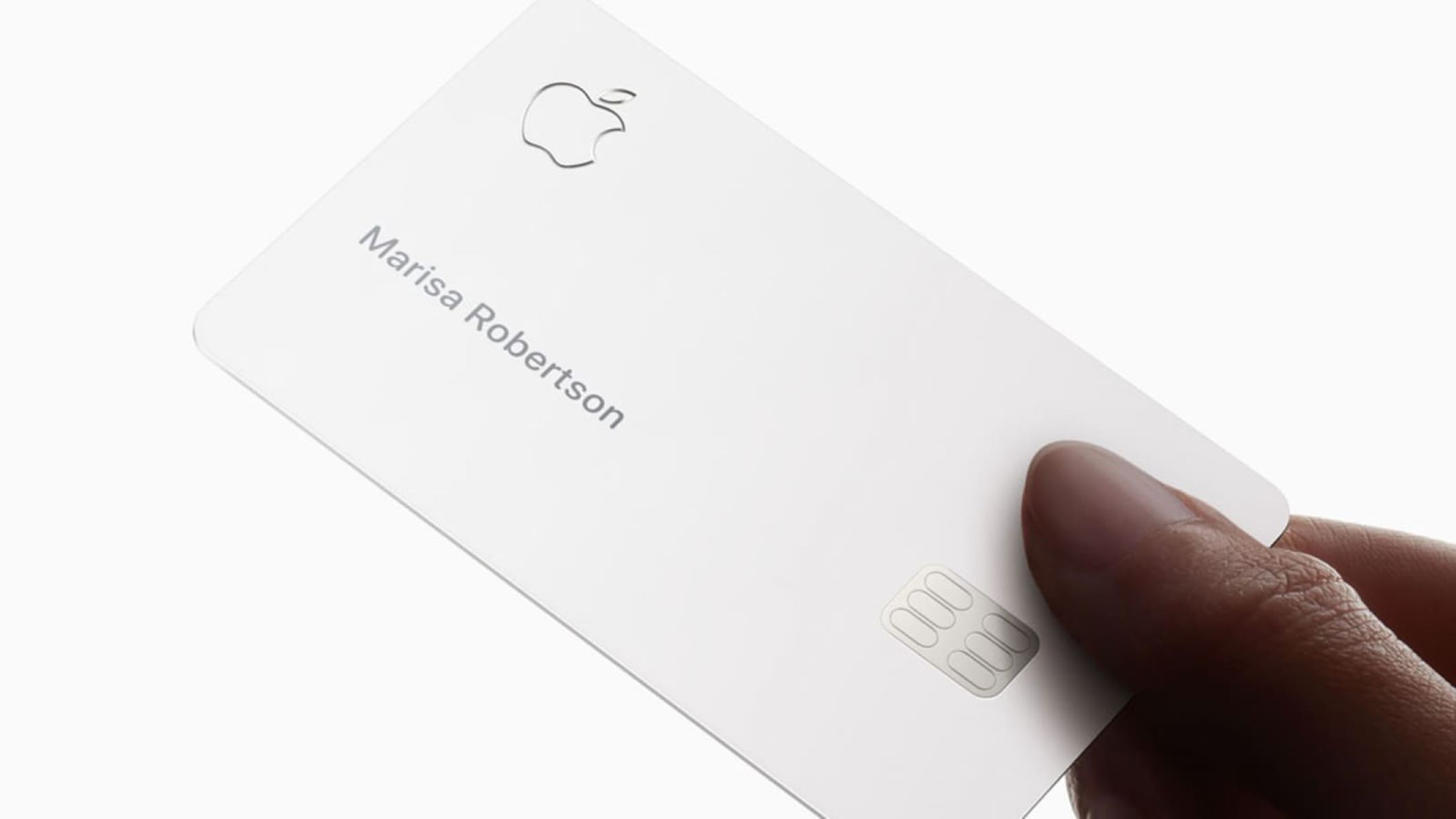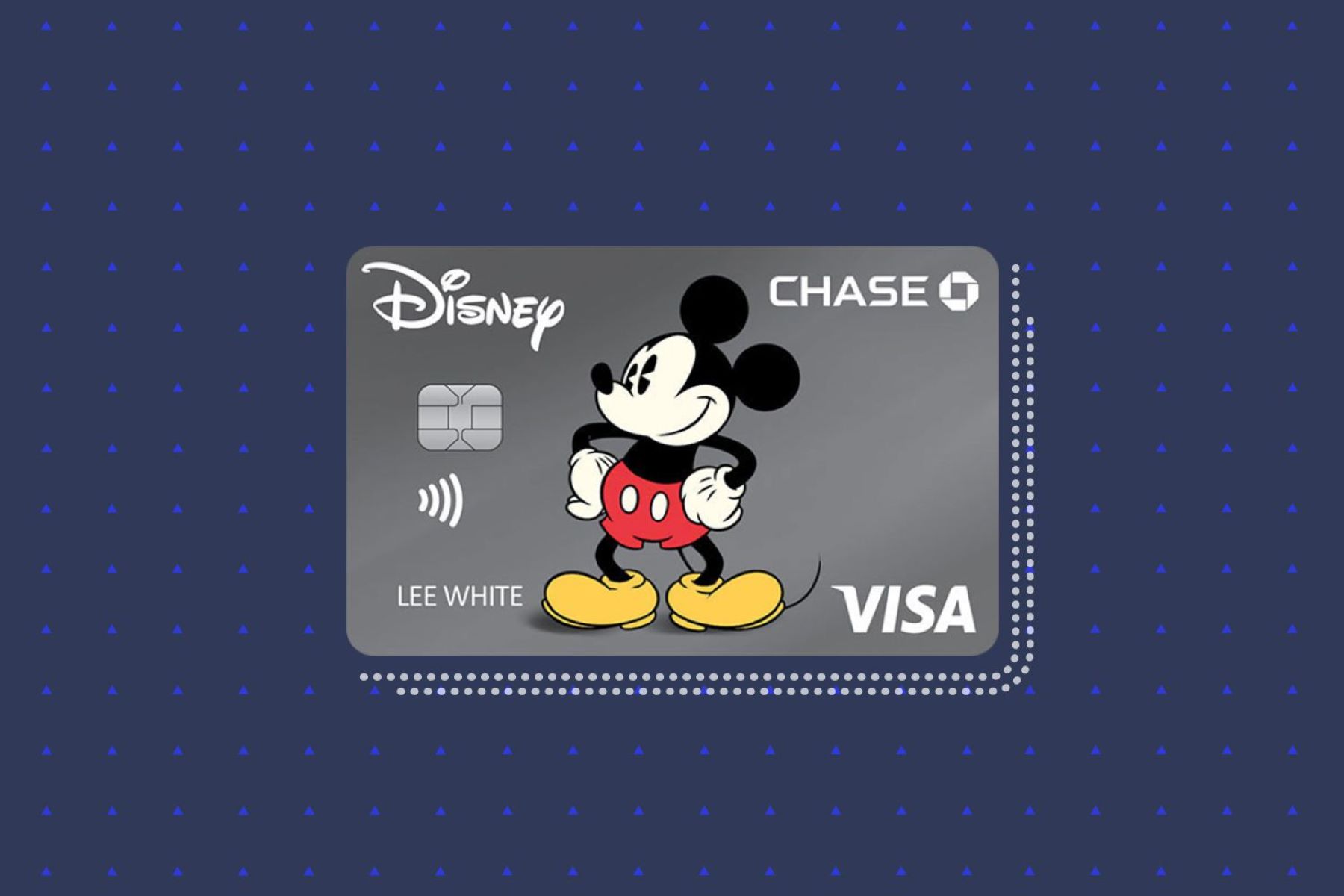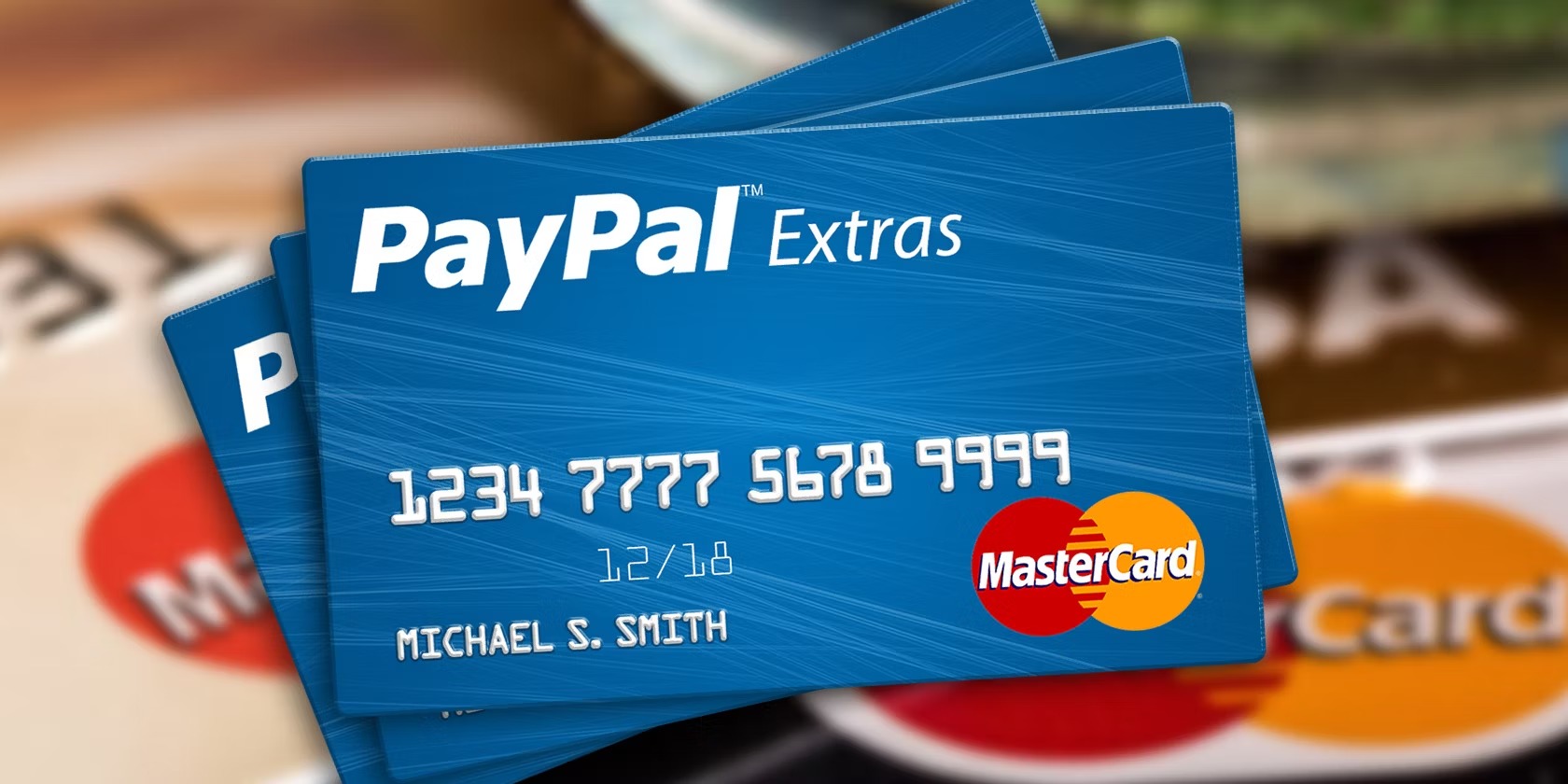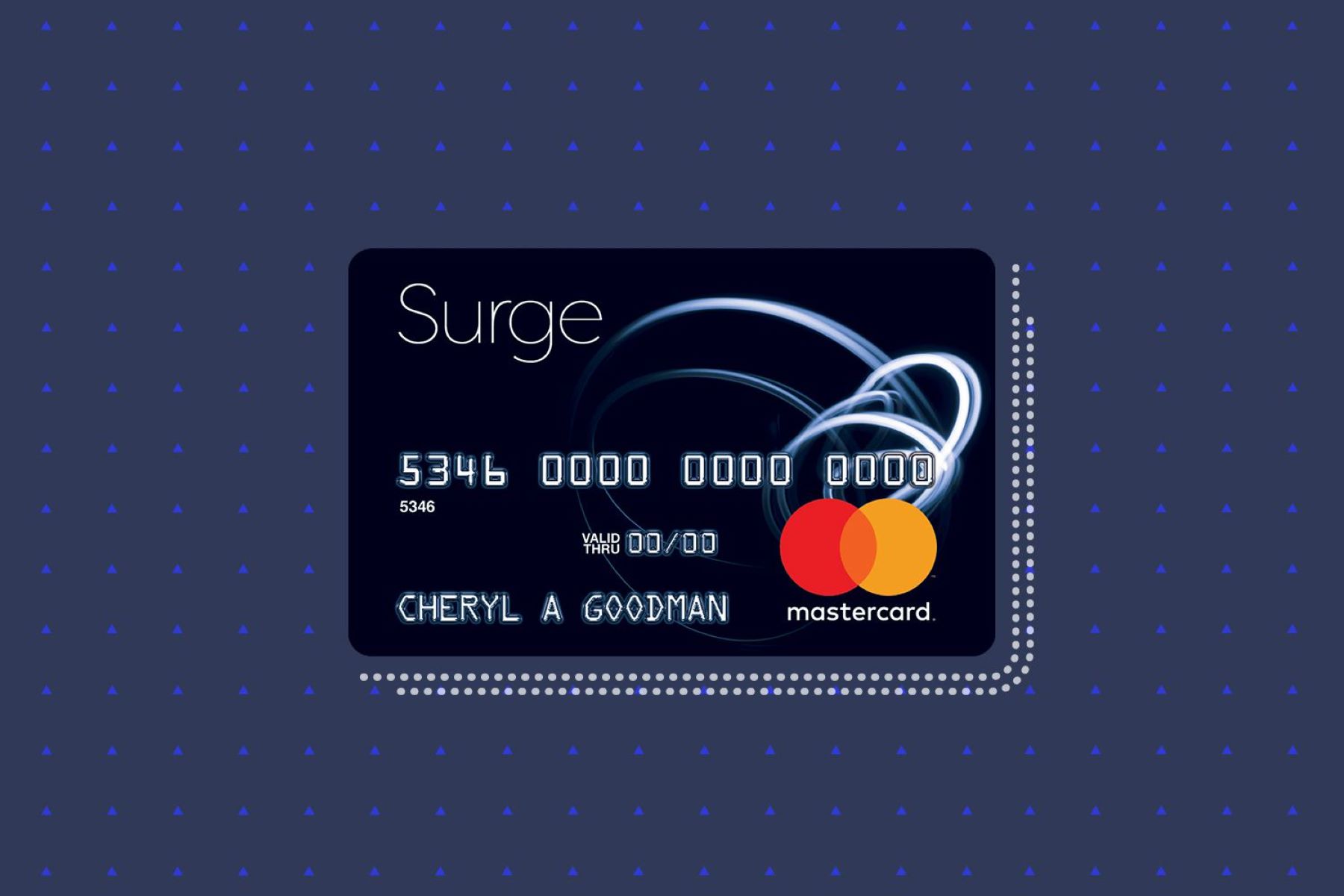Home>Finance>What Credit Score Do You Need For Venmo Credit Card
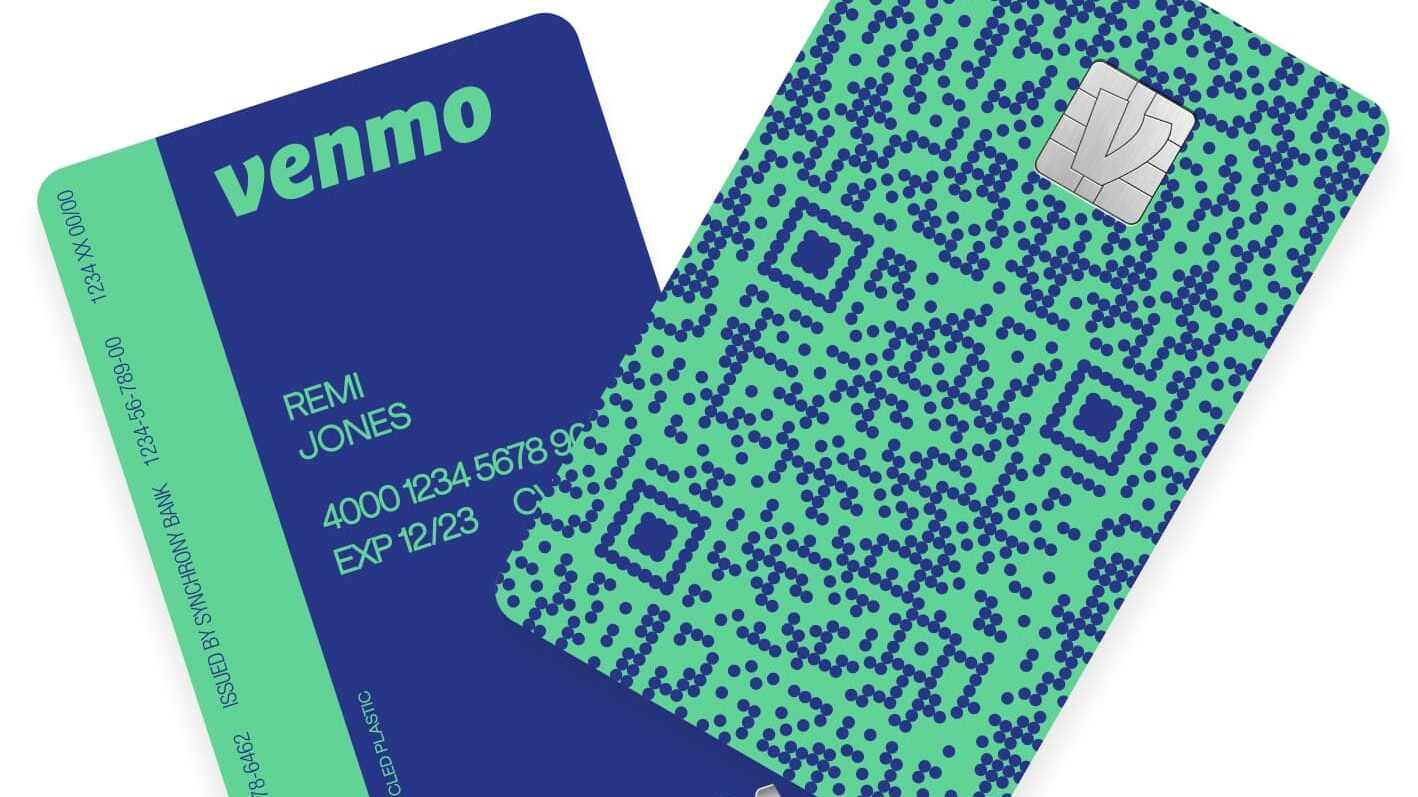

Finance
What Credit Score Do You Need For Venmo Credit Card
Modified: February 21, 2024
Find out the minimum credit score required to get approved for the Venmo Credit Card and take control of your finances today.
(Many of the links in this article redirect to a specific reviewed product. Your purchase of these products through affiliate links helps to generate commission for LiveWell, at no extra cost. Learn more)
Table of Contents
- Introduction
- Understanding Venmo Credit Card
- Importance of Credit Score for Venmo Credit Card
- Minimum Credit Score Requirements for Venmo Credit Card
- Factors Considered for Venmo Credit Card Approval
- How to Check Your Credit Score
- Tips to Improve Your Credit Score
- Building Credit History for Venmo Credit Card
- Conclusion
Introduction
Are you considering applying for a Venmo credit card? Before you jump in, it’s important to understand the role of your credit score in the application process. The credit score plays a significant role in determining whether you’ll be approved for a Venmo credit card and what terms, such as credit limit and interest rate, you may receive.
Venmo, the popular peer-to-peer payment app, has entered the credit card market, offering its users a convenient and seamless way to make purchases both online and offline. However, like any credit card, there are certain requirements that need to be met in order to be eligible for a Venmo credit card.
In this article, we’ll dive into the importance of credit score when applying for a Venmo credit card, uncover the minimum credit score requirements, and explore the factors that Venmo considers when approving credit card applications. We’ll also provide some tips on how to check your credit score and improve it if necessary.
Understanding the credit score requirements and taking steps to maintain a healthy credit profile can increase your chances of being approved for a Venmo credit card and enjoying the benefits that come with it. So, let’s take a closer look at what it takes to qualify for a Venmo credit card and the role your credit score plays in the process.
Understanding Venmo Credit Card
The Venmo credit card is a financial tool offered by Venmo, the popular mobile payment app owned by PayPal. The card is designed to seamlessly integrate with the Venmo app, allowing users to make purchases easily both online and offline.
One of the standout features of the Venmo credit card is its unique rewards program. Users can earn cash back on eligible purchases, with rewards automatically applied to their Venmo balance. This makes it possible to use the rewards for future payments or transfer them to a linked bank account.
The Venmo credit card also offers a sleek and modern design, featuring a personalized QR code on the front. This code can be scanned by other Venmo users to make instant payments or split expenses, making it convenient for social gatherings or shared expenses among friends.
Furthermore, the Venmo credit card has no annual fee and offers users the ability to track their spending, set spending limits, and freeze their card directly through the Venmo app. This provides users with flexibility and control over their credit card usage.
It’s important to note that the Venmo credit card is issued by Synchrony Bank and is subject to their terms and conditions. This means that users will need to have a satisfactory credit history and meet certain eligibility criteria to be approved for the card.
Now that we have a better understanding of what the Venmo credit card has to offer, let’s take a closer look at how your credit score influences your eligibility for this card.
Importance of Credit Score for Venmo Credit Card
Your credit score is a crucial factor in determining whether you will be approved for a Venmo credit card. A credit score is a numerical representation of your creditworthiness, and it helps lenders assess the risk of extending credit to you.
Venmo, like other credit card issuers, relies on your credit score to evaluate your creditworthiness and determine the terms and conditions of your credit card, such as the credit limit and interest rate. Therefore, it is essential to understand the importance of maintaining a good credit score when applying for a Venmo credit card.
A higher credit score indicates that you have a lower risk of defaulting on payments, making you a more desirable candidate for lenders. Venmo uses your credit score as one of the primary factors to assess your creditworthiness and decide whether or not to approve your application.
Not only does your credit score impact your eligibility for a Venmo credit card, but it also affects the terms and benefits you may receive. A higher credit score can result in a higher credit limit, lower interest rates, and more favorable rewards and perks.
On the other hand, a lower credit score may lead to a lower credit limit, higher interest rates, and fewer benefits. It can also potentially result in a denial of your application.
It’s important to note that each credit card issuer, including Venmo, sets its own credit score requirements. These requirements may vary based on factors such as the applicant’s income, employment history, and other financial indicators in addition to the credit score.
Ultimately, maintaining a good credit score not only increases your chances of being approved for a Venmo credit card but also opens up opportunities for better terms and rewards. By understanding the importance of your credit score, you can take the necessary steps to improve or maintain a healthy credit profile to increase your chances of card approval.
Minimum Credit Score Requirements for Venmo Credit Card
While Venmo has not publicly disclosed specific minimum credit score requirements for their credit card, it is generally understood that they look for applicants with good to excellent credit scores. This typically means a credit score of 670 or higher.
A credit score of 670 or above demonstrates that you have a history of responsible credit management and are less likely to default on payments. However, it’s important to note that meeting the minimum credit score requirement does not guarantee approval, as other factors, such as income, employment history, and existing debt, are also taken into consideration.
If you are uncertain about your credit score, you can check it for free through various credit monitoring services. These services provide you with an overview of your credit history, including your credit score, payment history, and any negative marks or delinquencies that may impact your creditworthiness.
If your credit score falls below the desirable range, it’s crucial to take steps to improve it before applying for a Venmo credit card. This may involve paying bills on time, reducing outstanding debts, and keeping credit utilization low. Gradually, these actions can boost your credit score and enhance your chances of being approved for the Venmo credit card.
Remember that credit score requirements are not set in stone, and each application is evaluated on a case-by-case basis. Having a strong credit score is advantageous, but other factors, such as a stable income and a positive payment history, can also contribute to a successful credit card application.
It’s worth noting that even if you don’t meet the minimum credit score requirement, you can still work on building your credit profile and reapply for a Venmo credit card once your score improves. Patience and persistence can go a long way in achieving your financial goals.
Now that we have discussed the minimum credit score requirements, let’s explore the other factors that Venmo considers when evaluating credit card applications.
Factors Considered for Venmo Credit Card Approval
When evaluating credit card applications, Venmo takes into account multiple factors to determine an applicant’s creditworthiness. While the exact weighting of these factors may vary, the following are some key elements Venmo considers:
- Credit Score: As previously mentioned, your credit score plays a significant role in the approval process. Venmo typically looks for applicants with good to excellent credit scores, indicating responsible credit management.
- Income: Your income level helps Venmo assess your ability to make timely payments and manage credit responsibly. A higher income may increase your chances of being approved and receiving favorable credit card terms.
- Employment History: Having a stable employment history demonstrates financial stability and the ability to maintain a steady income. Venmo may consider the length of your employment and job stability when evaluating your credit card application.
- Debt-to-Income Ratio: This ratio compares your monthly debt payments to your monthly income. Venmo assesses your ability to handle additional debt by evaluating your debt-to-income ratio. A lower ratio indicates a lower risk borrower.
- Payment History: Venmo considers your track record of making payments on time for other credit obligations. A history of late or missed payments may negatively impact your creditworthiness and your chances of approval.
- Existing Debts: The amount of debt you currently carry is taken into account. Venmo may consider your credit card balances, loans, and other outstanding obligations to assess your ability to handle additional credit.
- Recent Credit Applications: Making multiple credit applications within a short period of time may be viewed as a red flag. Venmo considers the number of recent credit inquiries when evaluating your creditworthiness.
It’s important to note that while these factors are considered, meeting the minimum requirements does not guarantee approval. Venmo evaluates applicants holistically, taking into account their complete financial profile and considering other relevant factors.
By understanding the factors that Venmo considers, you can assess your own financial situation and take steps to improve key areas, such as your credit score, income stability, and debt management, to increase your chances of being approved for a Venmo credit card.
Now that we have explored the factors considered by Venmo during the approval process, let’s dive into how you can check your credit score to assess your eligibility.
How to Check Your Credit Score
Before applying for a Venmo credit card or any other credit card, it’s essential to check your credit score to assess your creditworthiness. Here are a few methods to obtain your credit score:
- Free Credit Reports: You are entitled to a free credit report from each of the major credit bureaus (Experian, Equifax, and TransUnion) once a year. You can request these reports online or by mail to review your credit history and obtain your credit score.
- Credit Monitoring Services: Many credit monitoring services offer free access to your credit score and credit reports. These services provide regular updates on your credit profile, alerting you to any changes or potential issues.
- Bank or Credit Card Statement: Some banks and credit card issuers now provide free access to credit scores as part of their services. Check your bank or credit card account online or contact customer service to see if this feature is available.
- Third-Party Websites and Apps: There are several reputable third-party websites and mobile apps that offer access to credit scores. These platforms gather information from multiple credit bureaus to provide a comprehensive credit overview.
It’s important to note that while obtaining your credit score is helpful, it’s equally crucial to review your complete credit report for accuracy. Look for any errors or discrepancies that could negatively impact your creditworthiness. If you find any mistakes, you can dispute them with the respective credit bureau to have them corrected.
Regularly checking your credit score allows you to understand where you stand financially and identify areas that may need improvement. By monitoring your credit profile, you can take active steps to maintain or improve your credit score, increasing your chances of being approved for a Venmo credit card.
Now that we have explored how to check your credit score, let’s discuss some actionable tips to help you improve your creditworthiness.
Tips to Improve Your Credit Score
If you’re considering applying for a Venmo credit card but want to improve your creditworthiness, here are some practical tips to boost your credit score:
- Prompt Payment: Make all your credit card and loan payments on time. Late payments can have a significant negative impact on your credit score.
- Reduce Debt: Pay down your existing debts, particularly high-interest credit card balances. Lowering your overall debt can positively affect your credit utilization ratio.
- Keep Credit Utilization Low: Aim to keep your credit card balances below 30% of your credit limit. High credit utilization can harm your credit score.
- Don’t Close Unused Credit Cards: Closing old credit card accounts may decrease your available credit and impact your credit utilization ratio. Keep them open, but use them responsibly.
- Limit New Credit Applications: Each credit inquiry can result in a small decrease in your credit score. Minimize new credit applications unless necessary.
- Monitor Your Credit Report: Regularly check your credit report for errors or fraudulent activity. Dispute any inaccuracies promptly to ensure your credit profile is accurate.
- Establish a Mix of Credit: Having a diverse credit portfolio, including different types of credit accounts (e.g., credit cards, loans, and mortgages), can positively impact your credit score.
- Build a Positive Payment History: Consistently making on-time payments and establishing a positive payment history over time will help improve your creditworthiness.
- Use Credit Responsibly: Avoid maxing out your credit cards and only borrow what you can afford to repay. Responsible credit usage demonstrates financial discipline.
- Patience is Key: Building and improving credit takes time. Be patient and continue practicing good credit habits; over time, you’ll see progress in your credit score.
Remember, these tips are not only applicable to Venmo credit card applicants but can also be utilized to maintain a healthy credit score in general. By implementing these strategies, you can increase your chances of qualifying for a Venmo credit card and enjoy its benefits.
Now that we have covered tips to improve your credit score, let’s explore how building a credit history can help in obtaining a Venmo credit card.
Building Credit History for Venmo Credit Card
If you’re new to credit or have a limited credit history, building a solid credit profile is essential to increase your chances of being approved for a Venmo credit card. Here are some steps to help you build your credit history:
- Apply for a Starter Credit Card: Look for credit cards designed for individuals with limited credit history or no credit. These cards often have lower credit limits and may require a security deposit.
- Become an Authorized User: Ask a trusted family member or friend to add you as an authorized user on their credit card. Ensure that their credit card issuer reports authorized user activity to credit bureaus.
- Make Timely Payments: Pay all your bills on time, including your credit card bills, loans, and utilities. Consistent on-time payments are crucial for building a positive credit history.
- Keep Credit Utilization Low: Aim to use only a small portion of your available credit. Keeping your credit utilization ratio low demonstrates responsible credit management.
- Monitor Your Credit: Regularly review your credit reports to track your progress and ensure accuracy. Look for any errors or discrepancies that may need to be addressed.
- Establish a Good Payment History: Building a history of responsible credit usage takes time. Demonstrate your creditworthiness by establishing a track record of on-time payments.
- Take on Small Installment Loans: Consider taking out a small personal loan or a credit-builder loan to diversify your credit mix and showcase your ability to manage different types of credit.
- Keep Accounts Open: Avoid closing your oldest credit accounts. A longer credit history shows stability and can positively impact your credit score.
- Practice Patience and Persistence: Building a credit history takes time and consistent effort. Practice good credit habits and monitor your progress regularly.
- Use Credit Responsibly: Borrow only what you can afford to repay and avoid unnecessary debt. Responsible credit usage is key to building a strong credit profile.
By following these steps and maintaining good credit habits, you can gradually build a positive credit history and increase your chances of being approved for a Venmo credit card. Remember, building credit takes time, so be patient and persistent in your efforts.
Now that we’ve explored how to build credit history, let’s wrap up with a summary of what we’ve discussed in this article.
Conclusion
Applying for a Venmo credit card can be a smart move, giving you access to convenient payment options, a unique rewards program, and the ability to seamlessly integrate with the Venmo app. However, understanding the role of your credit score and creditworthiness is crucial for a successful application.
In this article, we’ve explored the importance of your credit score when applying for a Venmo credit card. We’ve discussed the minimum credit score requirements, the factors that Venmo considers during the approval process, and provided tips on how to check and improve your credit score.
Remember that your credit score is not the sole determinant of whether you’ll be approved for a Venmo credit card. Other aspects, such as your income, employment history, and existing debts, are also taken into consideration. However, maintaining a good credit score and credit profile increases your chances of approval and can lead to more favorable card terms and rewards.
If your credit score doesn’t meet the minimum requirements, don’t lose hope. Take steps to improve your credit history by making timely payments, reducing debts, and practicing responsible credit habits. Building a solid credit profile over time can greatly enhance your eligibility for a Venmo credit card.
Lastly, always remember that good things take time. Be patient with the credit-building process and persistently work towards improving your creditworthiness. By doing so, you’ll not only increase your chances of being approved for a Venmo credit card, but also strengthen your overall financial standing.
Now armed with the knowledge and tips provided in this article, you’re well equipped to navigate the credit score requirements and confidently apply for a Venmo credit card. So, go ahead and take the next step towards enjoying the benefits and convenience that come with a Venmo credit card!
